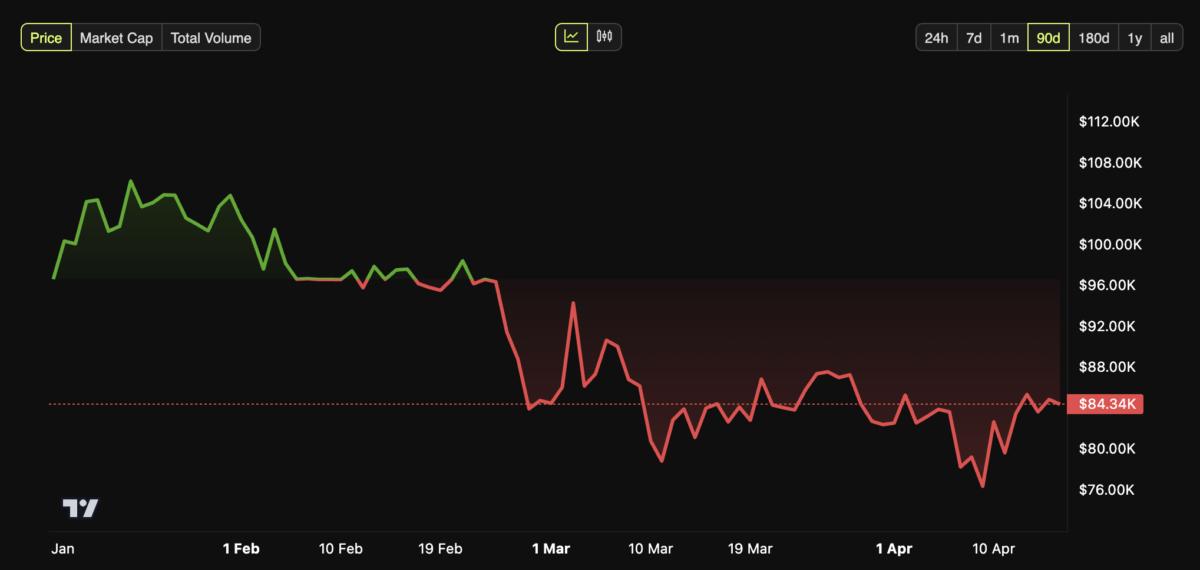The Psychological Impact of Gaming Addiction

What is Gaming Addiction?
Gaming addiction, also known as internet gaming disorder, is characterized by excessive and compulsive use of video games, leading to significant impairment in personal, social, and occupational functioning. This addiction can affect anyone but is particularly prevalent among young adults and teenagers.
The Psychological Consequences
Gaming addiction can lead to various psychological issues, including anxiety, depression, and social isolation. Excessive gaming often results in neglecting daily responsibilities, such as work, school, and personal relationships. The constant need to achieve higher levels or scores can create a cycle of stress and frustration.
Prevention Measures
Preventing gaming addiction involves setting healthy boundaries and promoting a balanced lifestyle. Parents and guardians should monitor game time and encourage other activities, such as sports or hobbies, to diversify interests. Education about the risks of excessive gaming and fostering open communication can help prevent addiction.
Treatment Options
Treating gaming addiction requires a multifaceted approach. Cognitive-behavioral therapy (CBT) is effective in changing unhealthy gaming habits. Support groups and online forums can provide a platform for sharing experiences and finding support. In severe cases, inpatient treatment programs may be necessary to address the addiction comprehensively.
Sources: American Psychiatric Association Verywell Mind HelpGuide








